|
|
|
September 28, 2016 - In This Issue:
|
|
|
|
|
|
Op-ed: How to prevent China from changing the status quo in the South China Sea
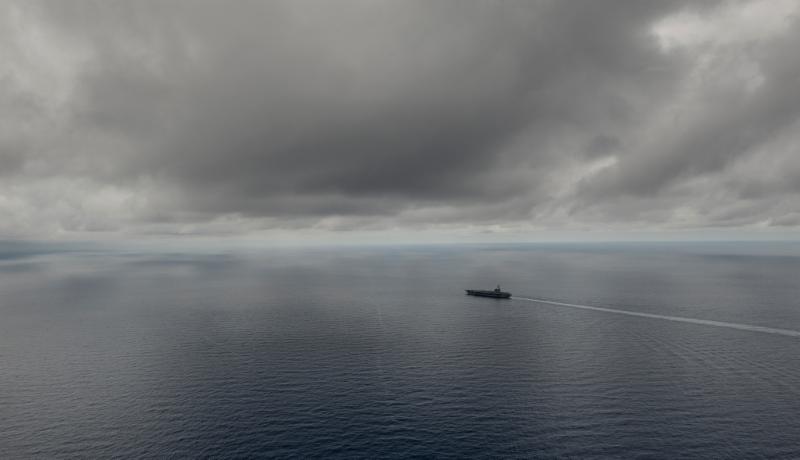 In recent months, China sent at least 36 ships into Japan's territorial waters around the Senkaku Islands in the East China Sea. In the South China Sea, a flotilla of Chinese barges and coast guard ships have sailed around the Philippines' Scarborough Shoal.
In this op-ed, Sasakawa USA's CEO and Chairman
Adm. Dennis Blair and Fellow
Dr. Jeffrey Hornung explain why this ramped up Chinese activity has stoked fears in Tokyo and Manila that China is positioning itself to change the status quo. The analysis includes recommendations for how the United States, a treaty ally of both Japan and the Philippines, should assert that the Senkaku Islands and Scarborough Shoal are fundamentally different from the other territorial disputes plaguing the region while also making it clear that the lead role for defense of these features lies with our allies.
|
|
Essay: Responsible execution of U.S.-Japan exchange programs
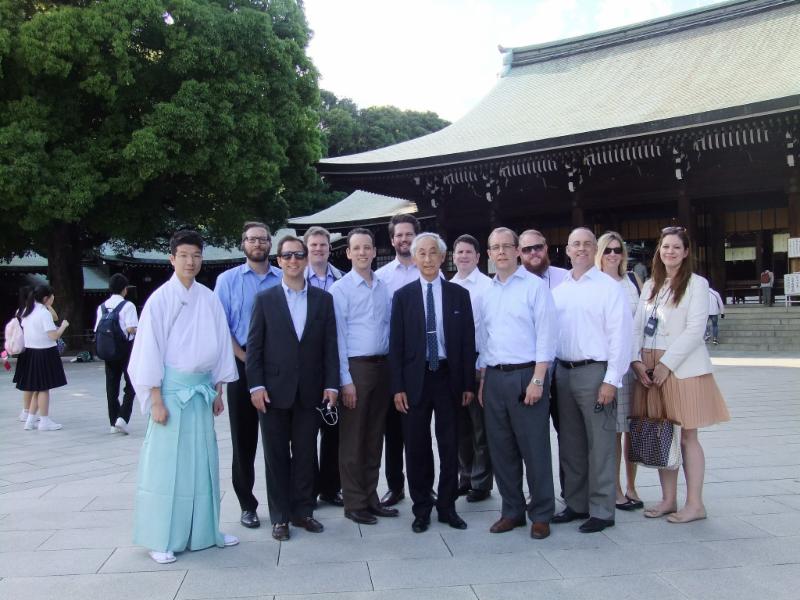 Strong relations between nations depend on more than just friendly ties at the leadership level. Grassroots exchange is an essential means of forming strong foundations for a lasting relationship. In this essay from Sasakawa USA's
Kazuyo Kato and Sharon Stirling with the German Marshall Fund's Asia program, the authors recommend ways to enhance exchange programs to ensure their impact, value, and success.
|
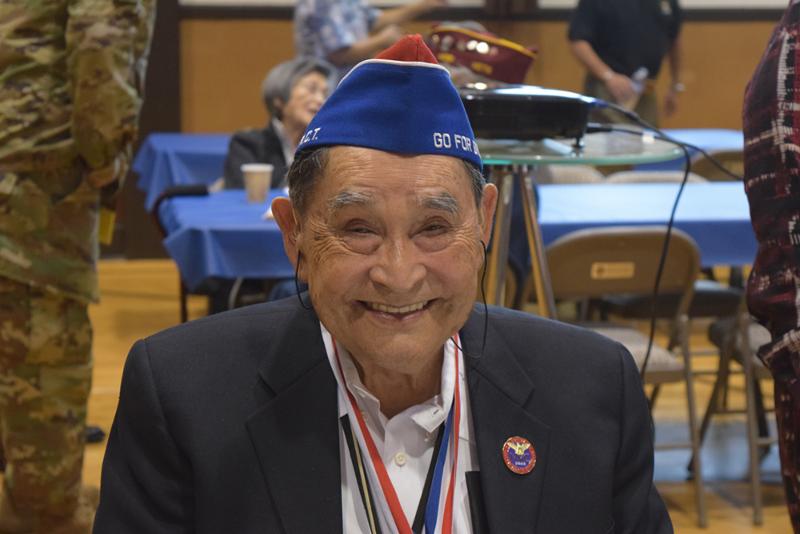 Event recap: JUMP event honors Nisei veterans, celebrates U.S.-Japan alliance Event recap: JUMP event honors Nisei veterans, celebrates U.S.-Japan alliance
Members of the U.S. Army, the U.S. Air Force, and the Japan Ground Self-Defense Forces, along with members of the broader Seattle community, came together at Sasakawa USA's Japan-US Military Program (JUMP) event September 17 to honor the Nisei Veterans who served in the segregated 100th Battalion/442nd Regimental Combat Team (RCT) and the Military Intelligence Service (MIS), during World War II
The event, held by the
Nisei Veterans Committee in collaboration with the
Japan-America Society of the State of Washington and with support from the
Consulate General of Japan in Seattle, included American and Japanese forces, officials with Joint Base Lewis McChord, and veterans from the area who have served in Japan.
|
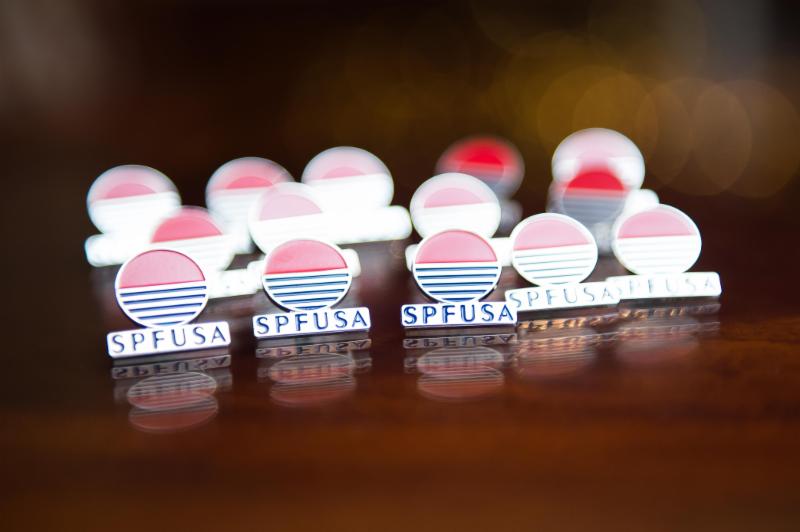 We're hiring: Seeking a Congressional Relations Manager We're hiring: Seeking a Congressional Relations Manager
Sasakawa USA currently is seeking a full-time Congressional Relations Manager to identify and develop relations with members and staff of the U.S. Congress and the executive branch to build greater understanding of U.S.-Japan relations.
Click here to view the full position description.
|
From the Fellows: Cyber and nuclear news, plus presentations on energy and Asian relations
 Deputizing private sector cybersecurity firms to fight cyber crime:
Deputizing private sector cybersecurity firms to fight cyber crime: In 2015, U.S. businesses suffered an estimated 150 successful hacks per week, with an average cleanup cost of $6.5m, writes Sasakawa USA's
William "Bud" Roth, in this edition of the cyber beat blog. He proposes the government can compensate for the lack of capacity by deputizing members of the private sector, a practice that has been utilized in the past with positive results.
Click here to read more.
Sasakawa USA's Energy Fellow Phyllis Yoshida presents on 'Resiliency through Energy Revolution':
Sasakawa USA's Dr. Phyllis Yoshida, Fellow for Energy and Technology, presented on the topic of "Resilency through Energy Innovation" at the Chinese-American Professional Association's annual symposium on September 24. The presentation included data on the two global trends of climate change and the aging world population as issues compelling energy innovation, and potential areas for international cooperation.
Click here to read more.
|
Japan Political Pulse: Quality-of-life survey shows Japanese citizens largely satisfied, except, perhaps, about incomes
 Japan conducts an annual survey to assess what individuals think of their quality of life, including pocketbook issues and more abstract concepts like leisure time and opportunities for self-improvement. Sasakawa USA's Tobias Harris analyzes the results in this article in Japan Political Pulse. Japan conducts an annual survey to assess what individuals think of their quality of life, including pocketbook issues and more abstract concepts like leisure time and opportunities for self-improvement. Sasakawa USA's Tobias Harris analyzes the results in this article in Japan Political Pulse.
Click here to read more.
|
In the News: Japan's Shinzo Abe, China's Li Keqiang seek to shore up influence with Cuba on back-to-back visits
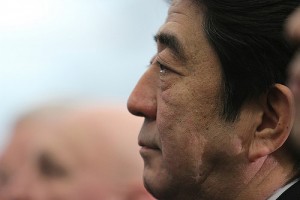 Japanese Prime Minister Shinzo Abe prepared for a visit to Cuba last week as the nation "just gets started to cultivate a relationship with Cuba," said Hiroko Maeda, a non-residential fellow at Sasakawa USA and research fellow at the PHP Institute. Japanese Prime Minister Shinzo Abe prepared for a visit to Cuba last week as the nation "just gets started to cultivate a relationship with Cuba," said Hiroko Maeda, a non-residential fellow at Sasakawa USA and research fellow at the PHP Institute.
"The improvement of the U.S.-Cuba relations provided opportunities for Japan to expand its relationship with Cuba," Maeda said in a September 23 article in the South China Morning Post. "This time, achieving economic cooperation is the biggest task for Abe."
|
 Sasakawa USA Forum: The Persistent Power of 1 Percent Sasakawa USA Forum: The Persistent Power of 1 Percent
Among the choices that have complicated Japanese defense, one of the most consequential has been Japan's self-imposed limit on national defense spending, writes Major John C. Wright in Issue No. 4 of the Sasakawa USA Forum.
Issued in 1976 and abolished in 1987, the impact of Japan's decision to limit military spending to 1 percent of its gross domestic product is still felt today. By examining Japan's decision to impose a 1 percent limit on its own military spending, Wright explains, one can better understand current Asia-Pacific regional defense arrangements.
|
 Upcoming events: Autumn 2016 Upcoming events: Autumn 2016
As summer winds down and the temperatures begin to cool, Sasakawa USA's calendar is heating up with upcoming events in Washington D.C., Tokyo, Cleveland, Philadelphia, and Pensacola. Not all events are open to the public ----- check each event link for details and check our events page for new listings.
|
|
STAY CONNECTED


|
|
|
|
|